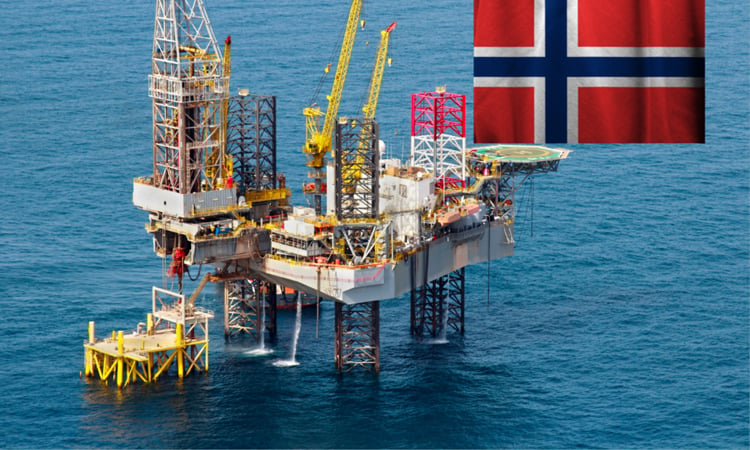News Flash
News Flash

STRASBOURG, France, Oct 28, 2025 (BSS/AFP) - The European Court of Human Rights will decide on Tuesday if Norway breached its climate obligations when it awarded Arctic oil exploration licenses in 2016.
The Strasbourg court, which last year issued a historic first ruling condemning a state for its lack of action on climate change, was approached four years ago by six Norwegian activists and local branches of environmental NGOs Greenpeace and Young Friends of the Earth.
The groups say that before awarding the licences, Norwegian "authorities did not conduct an environmental impact assessment of the potential impacts of petroleum extraction on Norway's obligations to mitigate climate change".
As Western Europe's largest oil and gas producer, Norway is a frequent legal target of climate activists.
The plaintiffs turned to the ECHR after repeatedly losing in national courts. They are basing their case on articles in the European Convention on Human Rights concerning the right to life and respect for privacy and the family.
In 2016, the Norwegian energy ministry granted 10 exploration licences in the Barents Sea to 13 companies, including national champion Statoil, now known as Equinor, as well as US companies Chevron and ConocoPhillips, and Russia's Lukoil.
Relying at the time on the Paris Agreement, which aims to limit global warming to less than 2C, NGOs appealed to national courts, arguing the attribution of the licenses was contrary to articles in the constitution guaranteeing the right to a healthy environment.
"The case concerns the procedural aspect of the obligation to effectively protect individuals from the serious adverse effects of climate change on their life, health, well-being and quality of life," the ECHR said in a statement.
Norway's supreme court ruled in 2021 that the award of the permits did not represent a "real and immediate danger" to life.
The licences were eventually all returned after no exploitable reserves were found.
Last year, the ECHR issued a ruling condemning Switzerland for its lack of action on climate change, the first ruling against a state.